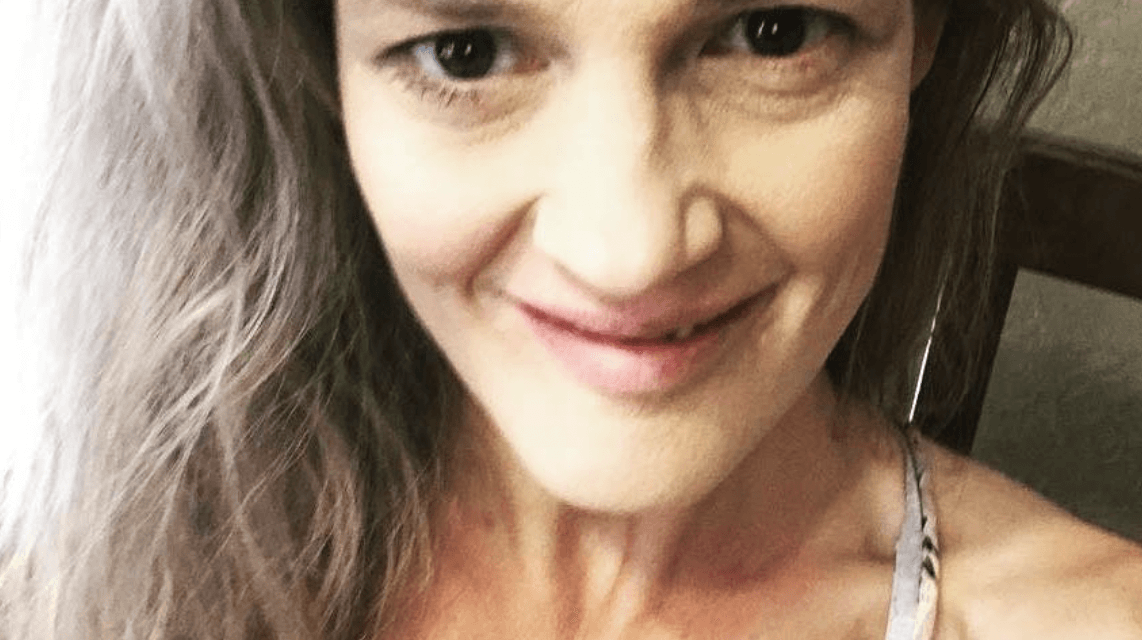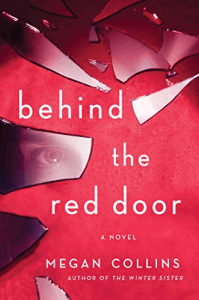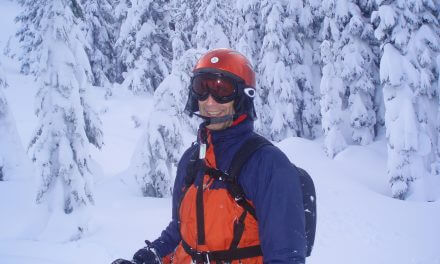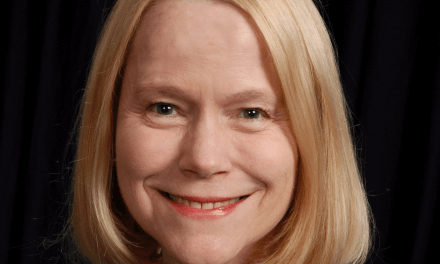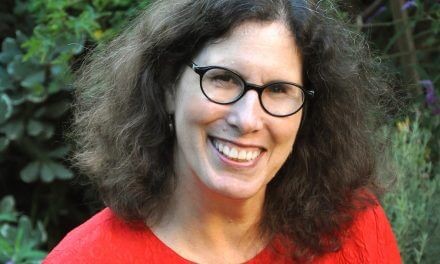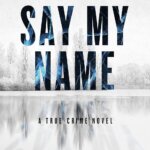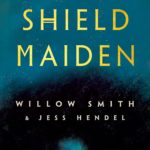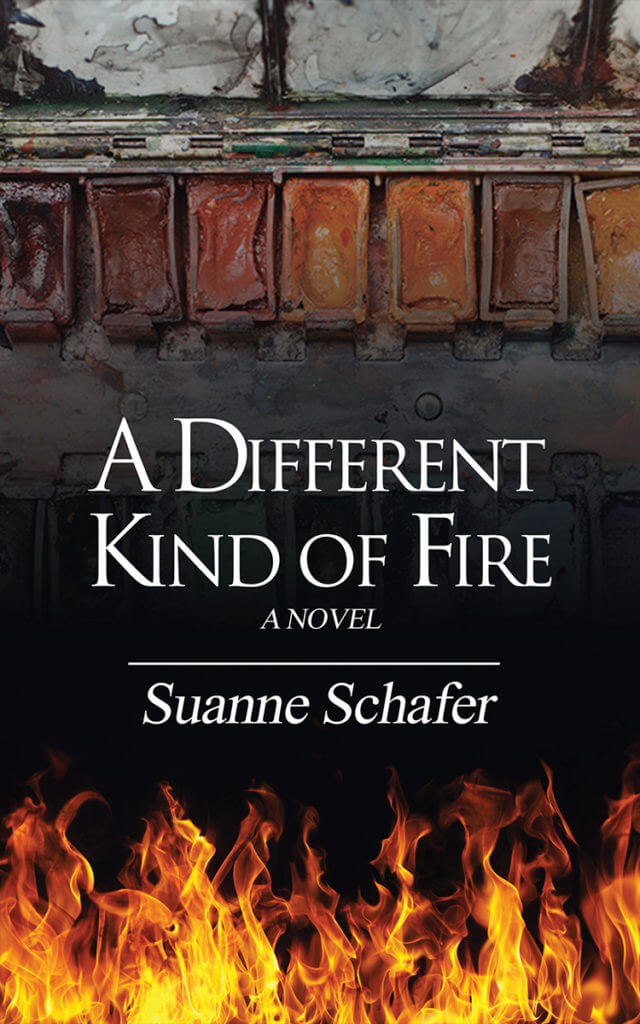Author Melissa Woods joins me today to talk about writing. She’s a mother of six and an author of literary fiction and suspense. Her writing has appeared in Memoir Magazine and The Coffin Bell Journal, and she was awarded the Stephen R. Kustra Scholarship for creative writing from Boise State University for her short story, “The Irishwoman.” Her novel, That Night on the Bayou, was released by Black Rose Writing this past November.
SS: Welcome, Melissa. Can you share a bit about your background?
MW: I am a mother of six kids, a wife, a feminist, a runner, and a full-time student in addition to writing. Since having children, I took a pretty long hiatus from writing. When I decided to write my first book, I wanted to get a BFA in fiction to help me learn the process. This was in 2017. School has been an amazing experience! I’ve written five books since starting college, and I’ve won a big scholarship for a short story that will probably become a book.
SS: I did the Stanford University Online Creative Writing Program. Since it was online, I found it easy to work it into my free time from being a mom and a doctor. I didn’t want an MFA: I had no desire to teach and had enough letters after my name. Have you always been driven to write? Or did you begin writing in response to a particular stimulus?
MW: I have always been driven to write. Most authors I know say they have been writing since they could hold a pen, and that is no different for me. However, I was absolutely compelled to write That Night on the Bayou after the 2016 election. Suddenly, I found the voice I had been missing while struggling with an eating disorder and bipolar. I knew I had to write this story.
SS: What’s the first book that made you cry? Made you angry? Made you rejoice?
MW: As a kid, I spent most of the summers at the community library. I loved Beverly Clearly and Judy Blume. The first book that truly made me cry was 
SS: If you have children, does being a parent influence your writing? To what extent?
MW: Children! On the one hand, I am forty-three. I’ve experienced a lot in life, including parenthood. I think parenting brings a certain vulnerability out in a person, and that has certainly helped me write richer stories. On the other hand, they are LOUD. It can be very hard to get into a rhythm with noise and distraction. If not for my amazing husband, there is no way I could complete a sentence.
SS: Do you generally write in one genre? If so, what is it? And what can readers expect from one of your books?
MW: I write literary fiction and suspense. Readers can expect that my books are character-driven, regardless of where I go with plot. And I tend to do ensemble casts from multiple perspectives. I also tend to write place as a character. For That Night on the Bayou, the small, fictional town of Cypress, Louisiana has a big part. In every other book I’ve written, there is some fictional, atmospheric small town.
SS: Regardless of genre, what are the elements that you think make a great novel? Do you consciously ensure all of these are in place?
MW: A great novel begins with a heartbeat. A wonderful story will seem flat without that connection to character. Lisa Crohn does a great job explaining this in her book, Story Genius. I highly recommend it. I also enjoy a plot that keeps things moving, but it doesn’t necessarily need to be fast-paced. It depends on genre, and I read widely.
SS: How do you give back to the writing community?
MW: I read advanced review copies and purchase books friends have written. Debut 19 has been an invaluable source of friendship and advice, so I try to buy those books. I have also learned a lot about giving and receiving feedback in my BFA program. I aim to be a good critique partner and beta reader when I can.
SS: What works best for you: typewriters, computer, dictation, fountain pen, or longhand?
MW: Computer and longhand. When I get stuck, one sure way out is to write a scene in longhand.
SS: Do you setting daily writing goals? If so, what are they? How do you deal with failure to meet these goals?
MS: While drafting I aim for 1000 words a day. The good thing about this goal is that it’s very attainable (once I know where I’m going; I prefer to go slowly with revision). So, usually I do more. On the busy days where I write less, it all evens out. I also try to do most of my rough drafts during school breaks. As a creative writing major, I write a lot for school. Inevitably, I’m doing a literature class or something that also requires literary criticism papers. That’s a lot of writing!
SS: Do you ever incorporate something that happened to you in real life into your novels?
MW: Sometimes. A widow is featured in That Night on the Bayou. I lost my first husband at thirty.
SS: What are you currently reading?
MW: I just finished Behind the Red Door by Megan Collins and absolutely loved it. For school, I am reading Pale Horse, Pale Rider by Katherine Anne Porter.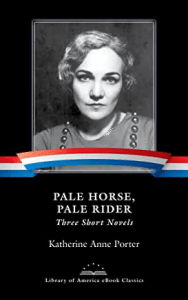
SS: Behind the Red Door is on my TBR list. Which book(s) do you return to again and again?
MW: Olive Kitteridge by Elizabeth Strout.
SS: I tend to re-read The Once and Future King by T. H. White. Who is on your Mt. Rushmore of all-time great writers (choose four faces to carve into your monument)?
MW: Alice Munro, Elizabeth Strout, Colson Whitehead, Maya Angelou
SS: What was your first recognition/success as an author?
MW: The publication of my memoir piece with Memoir Magazine.
SS: How do you feel about the relationship between love and marriage? How do these impact your women’s fiction?
MW: Most of my books incorporate a marriage or long-term relationship. I like to explore the complexity of marriage, especially when put under stress—something like the loss of a child, financial hardship, or mental illness.
SS: If you tackle meaty ethical issues, how effective do you think fiction is as a bridge between the experts and the public when it comes to stimulating debate? Could it be better employed?
MW: I do tackle big issues in That Night on the Bayou. It deals with class, race, and gender. I try to tease out emotional threads gracefully and through character rather than preaching. All of my novels are feminist. This one involves a main character trying to be an ally and learning her own shortcomings in understanding as a rich girl who thinks she understands far more than she does.
********************
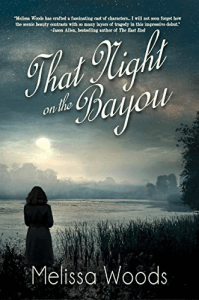
Amazon | B&N | Indiebound | Black Rose
Excerpt from That Night on the Bayou:
She was crazy angry by the time she set foot in the Louisiana heat. She ran from the Grierson-style mansion and headed for the wetlands. Patsy did not know these people who raised her, not at all. Her head spun. Beads of sweat pooled on her brow as she ripped the flag from its pole. She shuddered at the sight of it. The feel of the thick canvas against her hands made her flesh crawl.
Sprinting through the little neighborhood, she passed Cypress Market, and the rows of smaller, pastel-colored houses blurred together. The sickening, acrid scent of death chased her, the vision rolling through her like a rip-tide. Patsy thought she could outrun the feeling, the bizarre intuition that someone, at some time, had died here. That someone wanted to tell her something. Her pace quickened; the galloping began. The roar of the horses’ hooves clicking on the pavement intensified. A whistling wind shrilled against their muscled bodies as they passed. The horror sucked her in as she witnessed the otherworldliness of their bright white coats.
The horses hit the dirt. Unfamiliar men clipped their sides, yelling, “Go!” as they broke into a faster canter. Confederate flags flapped in the wind; muskets shot through the air. The stench of the earthy swampland rose into the atmosphere, filling the wetlands with a thick, green haze. Their cream- colored manes resisted the splattering mud. Thousands of them swarmed the wetlands. Patsy held her breath, tried to avert her gaze, but they persisted in her peripheral vision, gauzy against the dropping sun. A man riding by squeezed a woman against him as she screamed. They kicked up dirt, whooshing through Patsy’s beloved Bayou. Shaking and numb, she had to get to the tin house, the little cabin that was safe. The men dissipated before she arrived, diffusing like smoke in the trees.
Struggling to take a deep breath in the humidity, she trudged through the spongy grass, feet slurping through the mud. The tin-walled shack hovered on raised beams right over the water. The confines of the metal room burst with trapped heat. There wasn’t much to it, a couple of chairs and a gray folding table. It was her childhood hideout, a refuge where she played with her few friends, where she came to read, think or dream about the day she would move away from Cypress, far from the rumors that shot from all directions.
The visions began here in the tin shack. She couldn’t have been older than six. “This is what happens, here in Cypress,” she told her mother. “There is something evil in this town.”
*********************
Melissa can be found here on social media:
Twitter | Facebook | Instagram
